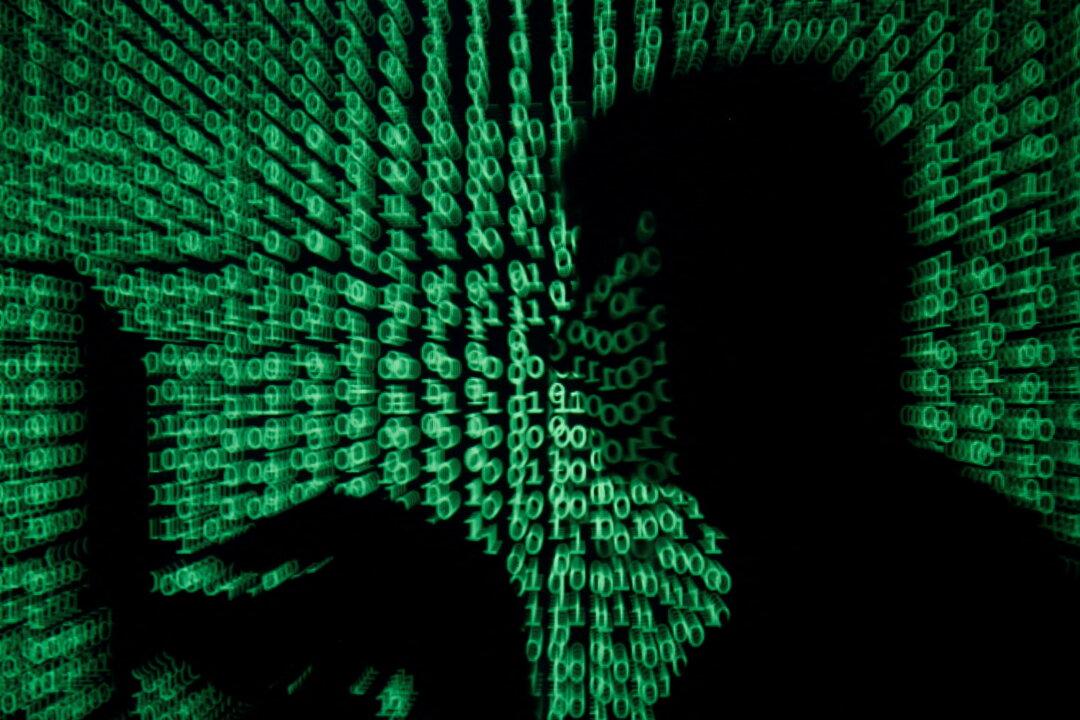The escalation of Russia’s conflict with Ukraine could spark more “malicious cyber activity” with the potential to inflict significant economic and social costs warned an analyst at Goldman Sachs Group (GSG).
According to research, cyberattacks cause about $1 trillion damage to the world economy annually and that two-thirds of them in recent years were allegedly attributed to Russia, said Goldman economist, Ronnie Walker.





